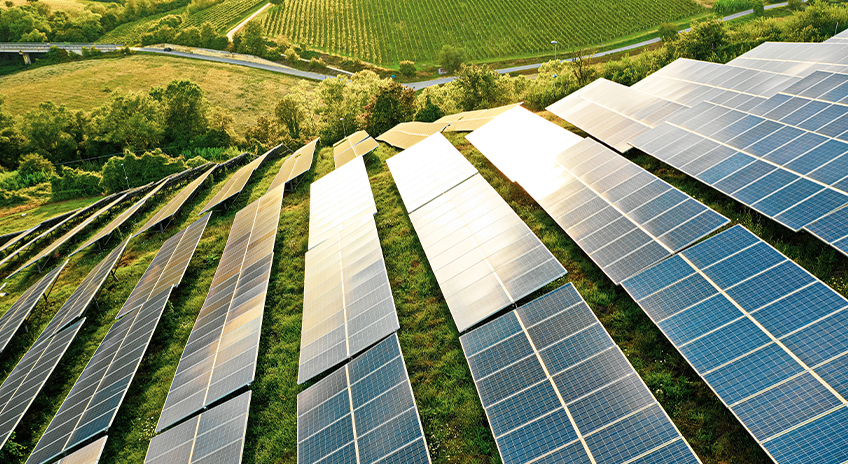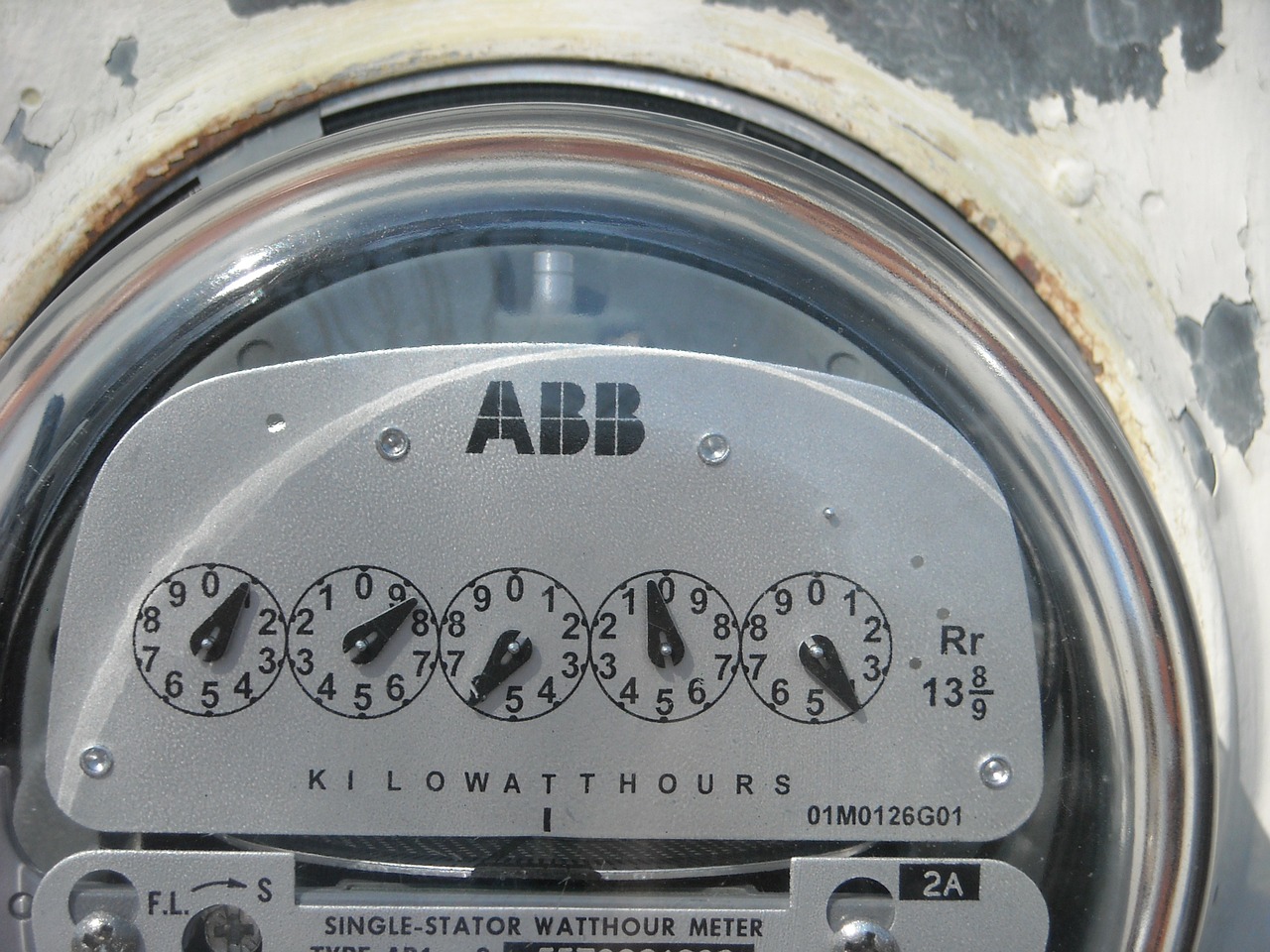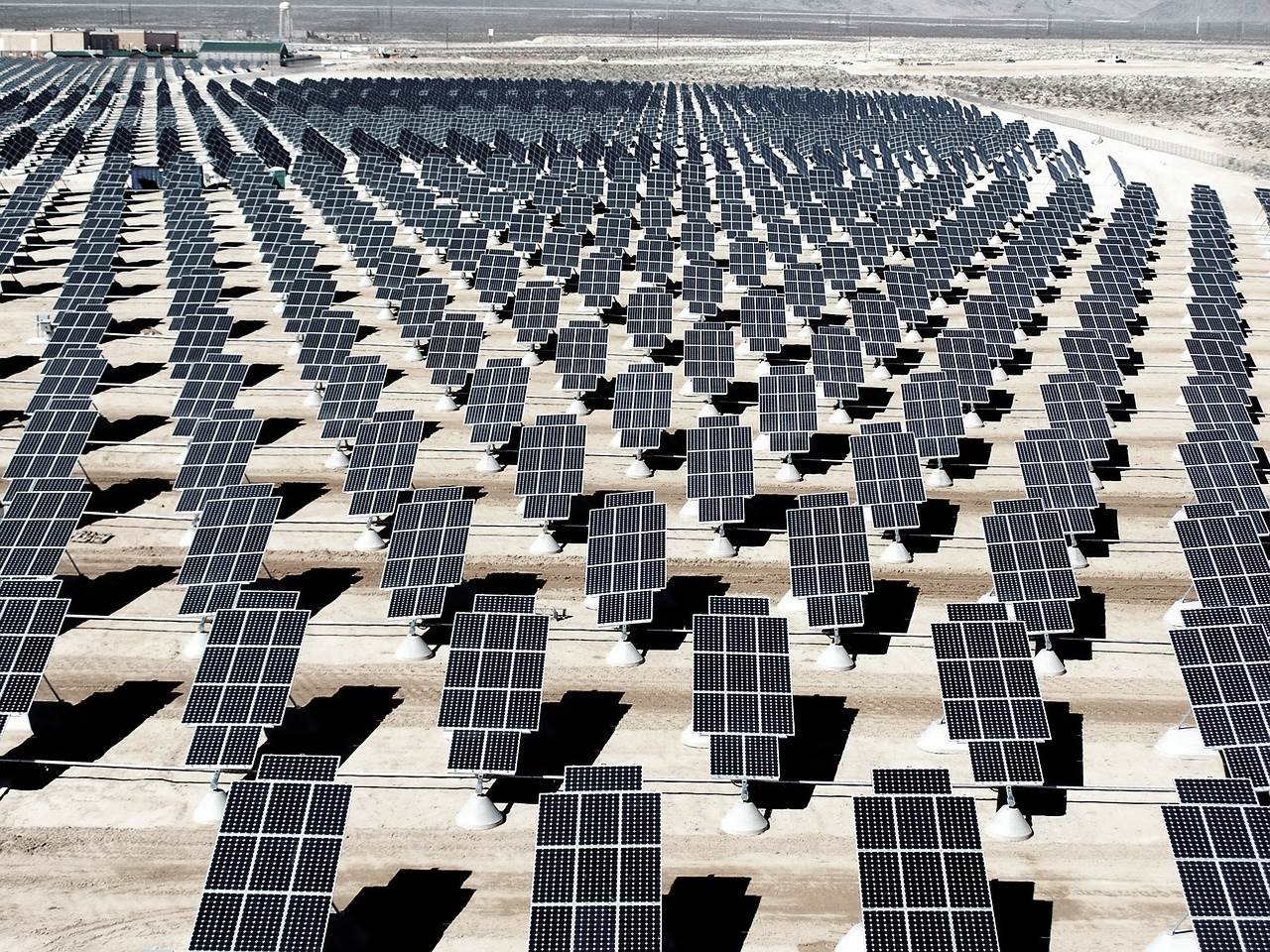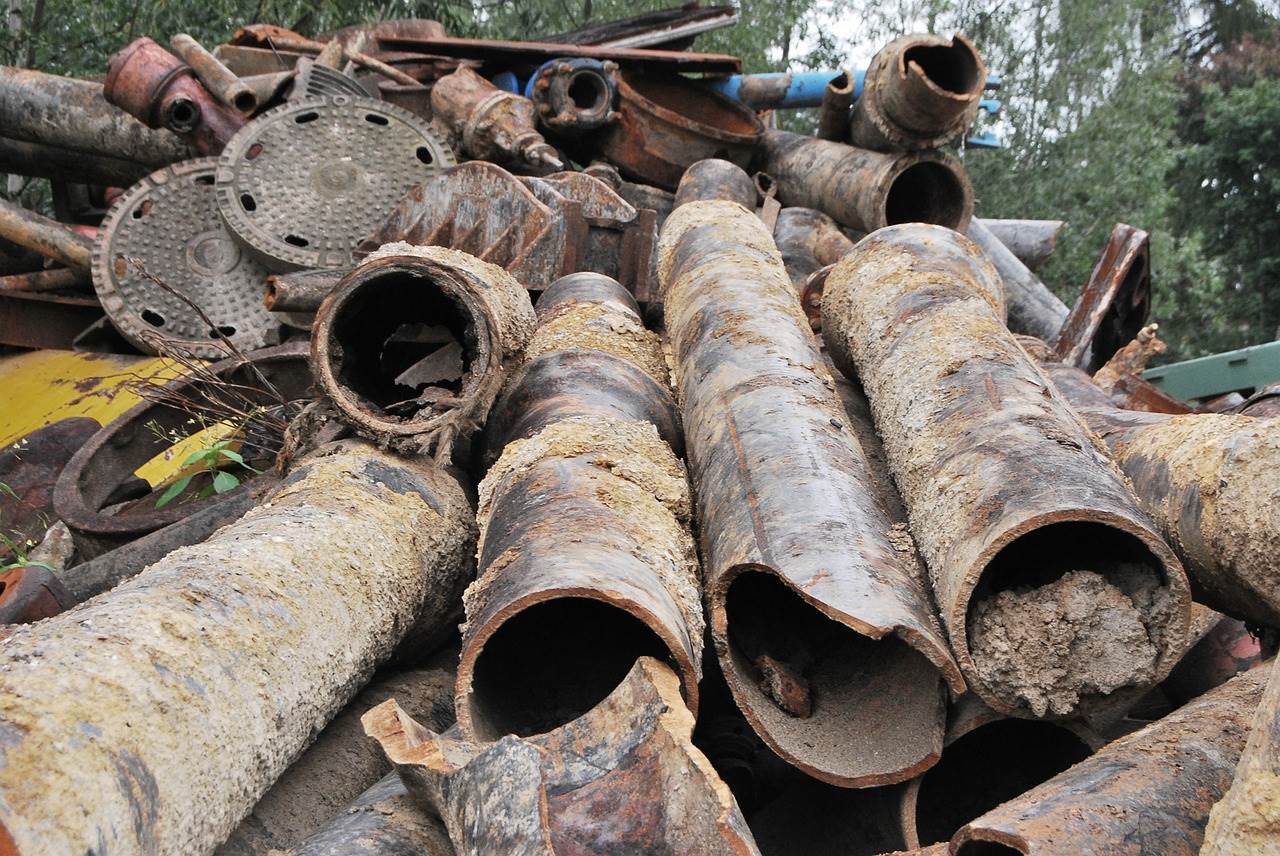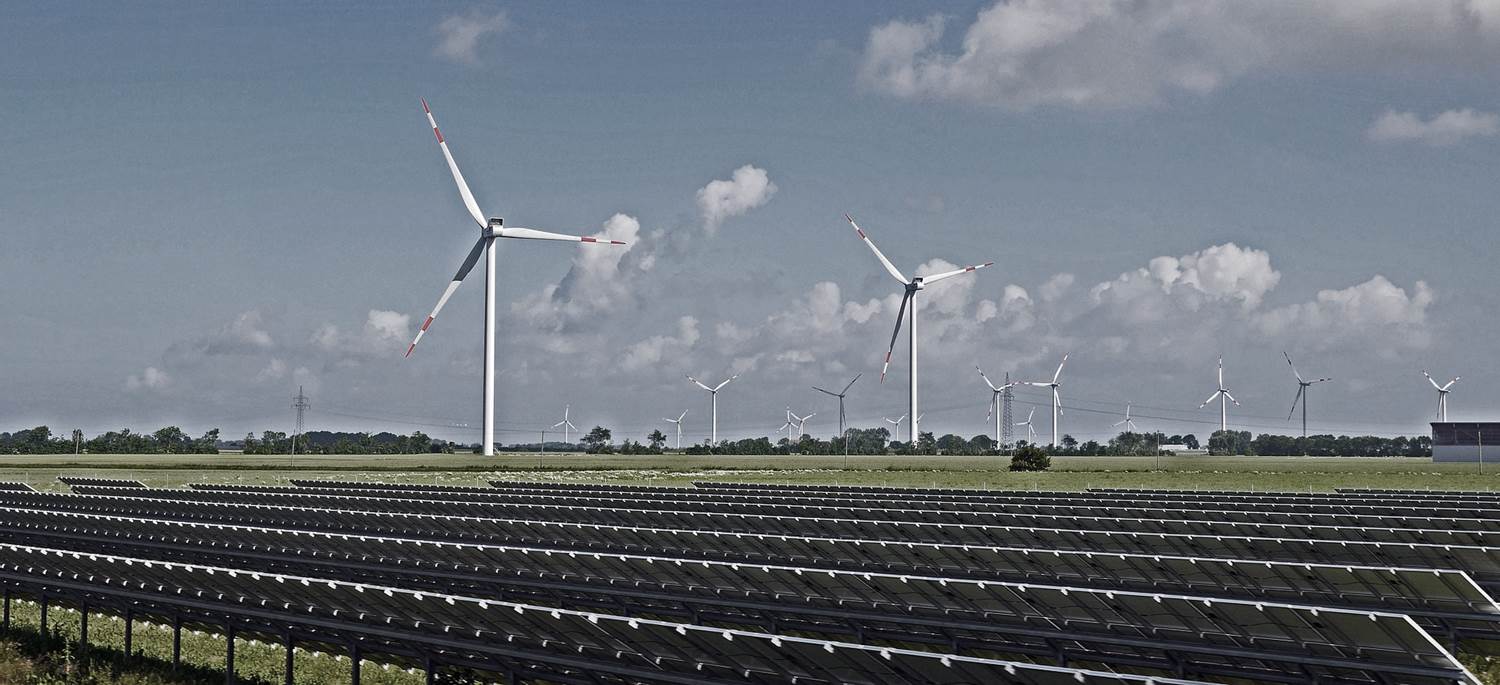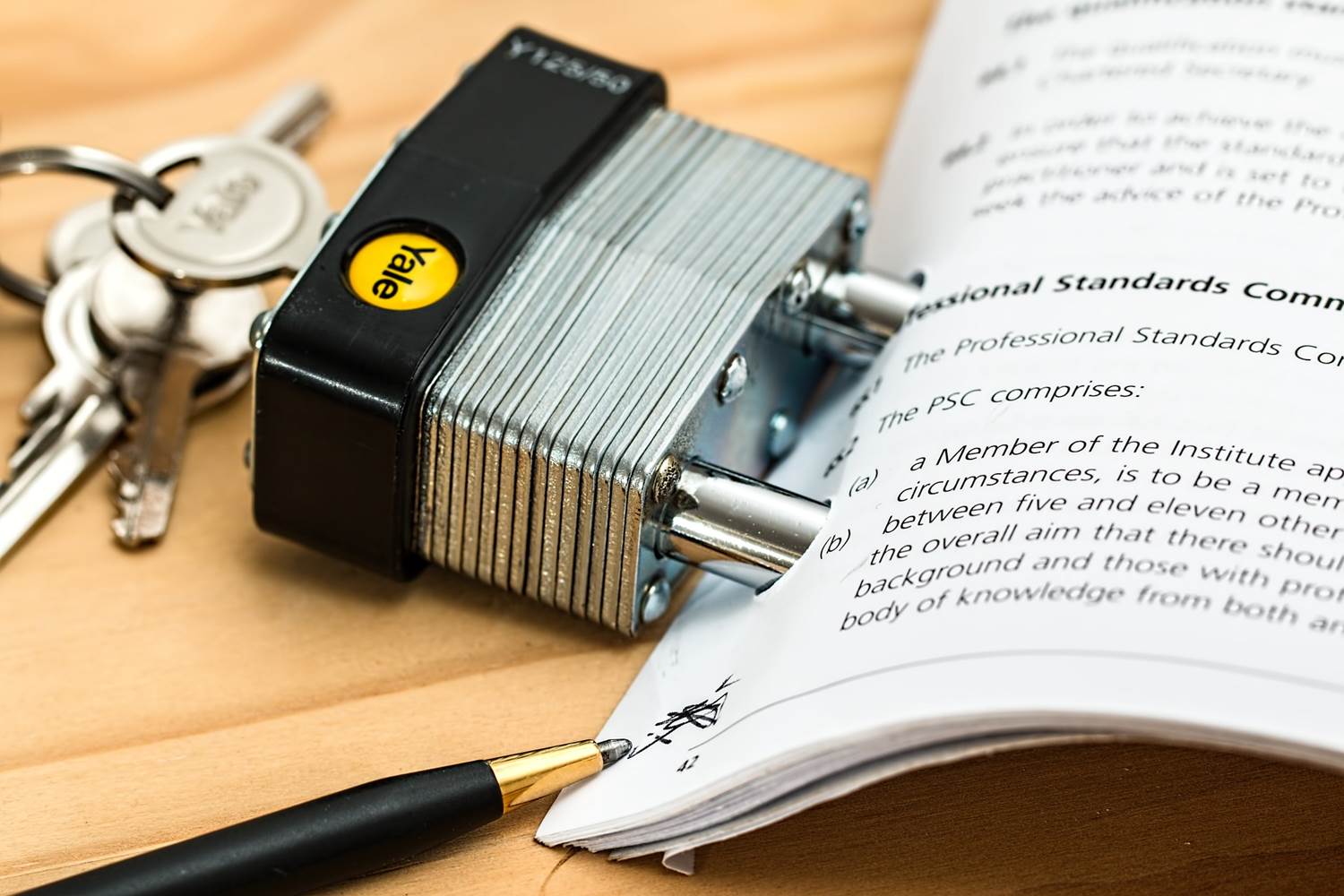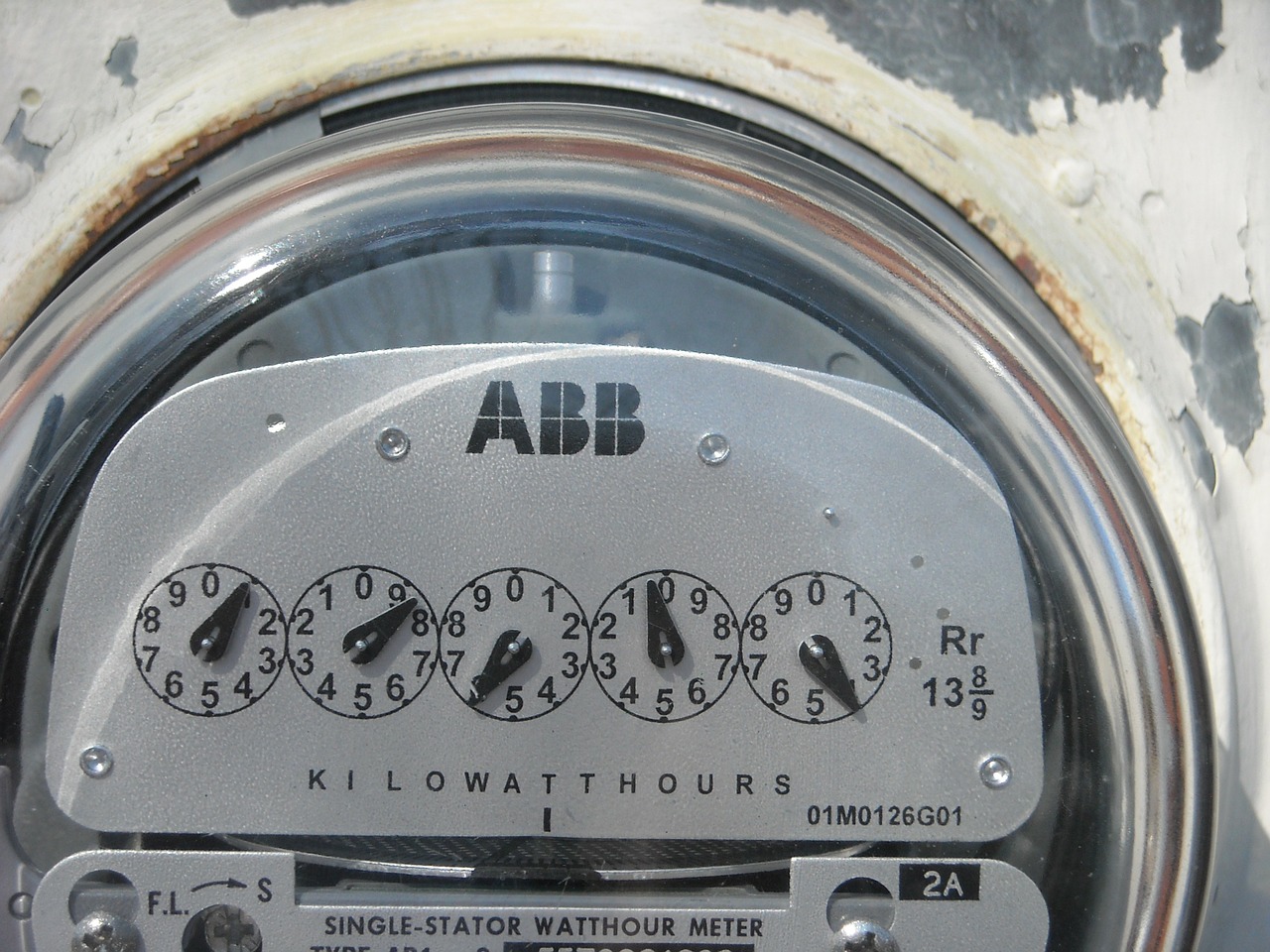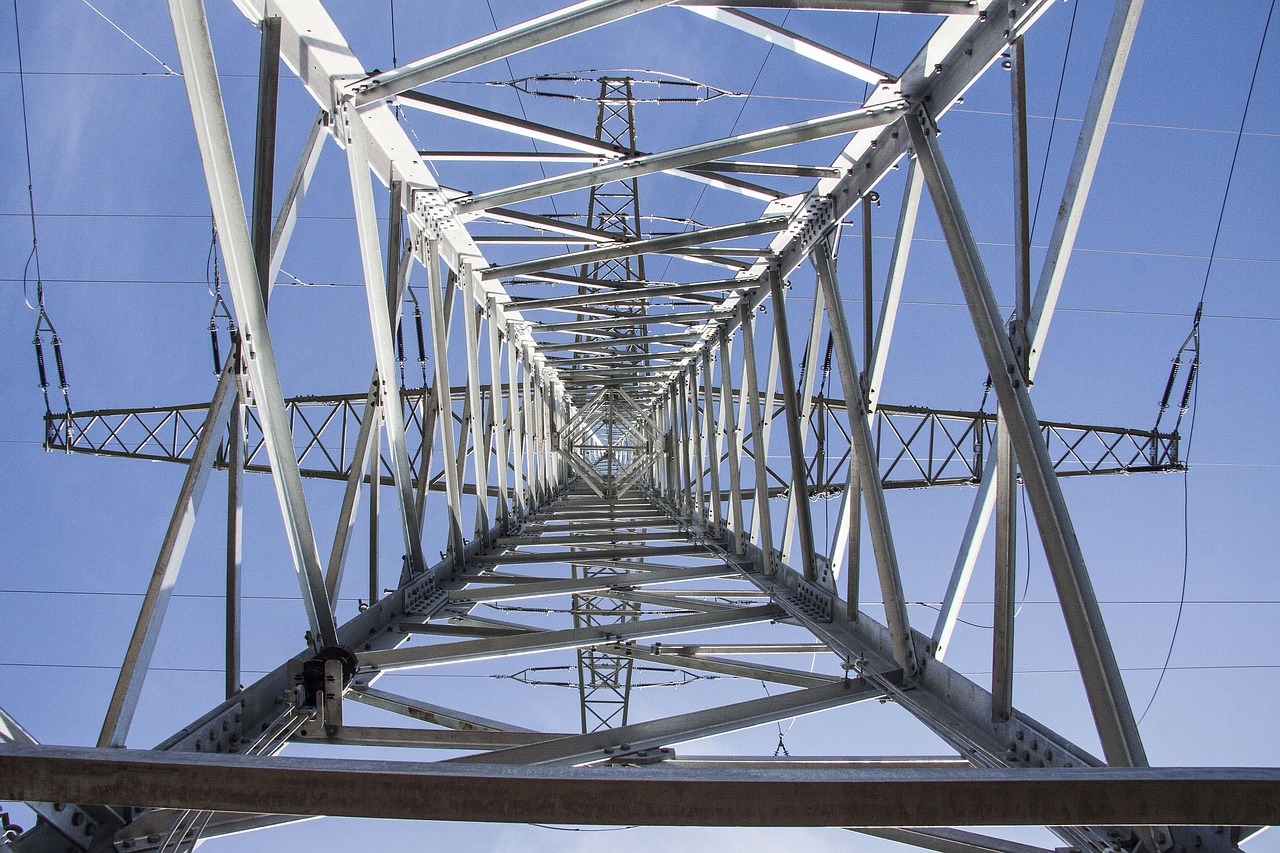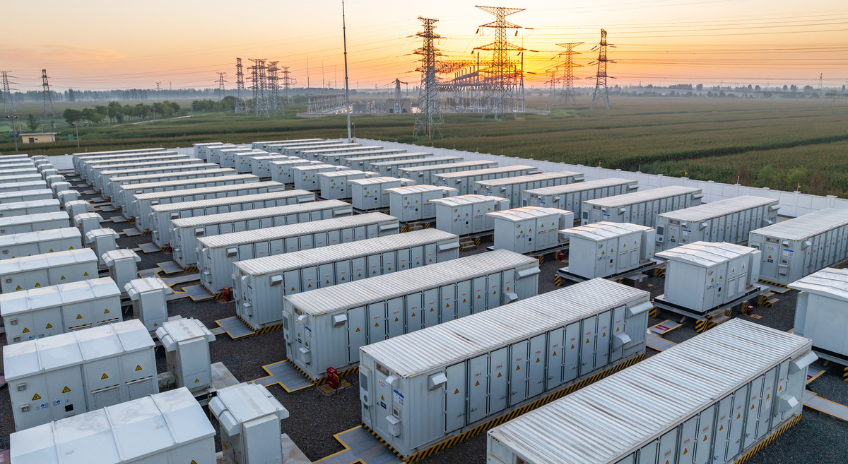
What is Battery Energy Storage?
Date: 18/02/2025 | Energy & Natural Resources
As Scotland moves towards its ambitious net-zero targets, many businesses, homeowners, and communities are turning to Battery Energy Storage Systems to maximise the efficiency of renewable energy. As a result, increasing numbers of developers in the sector are approaching landowners to negotiate leases for the sole purpose of constructing battery storage.
What is a Battery Energy Storage System?
At its core, battery storage acts as a buffer between the generation and consumption of renewable energy. It is designed to store excess energy generated from renewable sources, such as wind or solar power, for use at a later time. It typically uses lithium-ion batteries, similar to those found in electric vehicles or mobile phones. These batteries can store large amounts of energy efficiently. The stored energy can then be drawn upon when needed. Advanced control systems monitor energy production and usage patterns to determine the best times to store and release energy.
One of the main challenges with renewable energy is its intermittent nature – solar panels don’t produce energy at night, and wind turbines may stop when the air is still. Battery storage solves this by storing excess energy when generation is high, such as during periods of strong sunlight or windy conditions, and using it when it’s low, ensuring a continuous supply of green energy. This also helps to prevent overloading of the national grid.
Battery storage can additionally provide backup power during outages, ensuring that essential operations continue even if the grid goes down. This is especially important for businesses with critical functions or communities in rural areas with less reliable grid connections.
Current Landscape in Scotland
With Scotland’s significant renewable energy output – especially from wind – large-scale battery storage is becoming more important. Grid-scale batteries have capacities up to several hundred megawatts (MW) and are often strategically positioned near renewable energy generation sites, such as wind farms, or close to major population centres. Whitelee Wind Farm in South Lanarkshire commissioned a 50 MW battery storage facility in 2022. The site is capable of storing enough energy to power tens of thousands of homes.
Similar schemes are gaining momentum as the country continues its push toward net-zero. The Scottish Government recently announced an £800 million deal which will create the two largest battery storage sites in Europe. These sites are said to be critical for balancing Scotland’s energy grid and to accommodate the onshore transmission of offshore schemes. Indeed, renewable energy accounted for over 97% of the country’s gross electricity consumption 2023, with wind power alone contributing around 78% of this figure.
As more projects like this come online, it is likely that large-scale battery storage will become an increasingly vital component of Scotland’s energy infrastructure.
Key Points for a Battery Storage Project
For developers looking to kick-start a battery storage project, there are a number of factors to consider in order to have the greatest chance of success:
- Site Selection & Grid Access: Locations near renewable energy or grid infrastructure will reduce costs and improve efficiency. Flat, stable land with good access for construction and maintenance is also essential. Securing grid connection agreements early in the process will help to avoid delays.
- Planning & Compliance: The planning process can be tricky to navigate, and developers should seek expert advice. Projects in rural areas are likely to face additional scrutiny, so it is crucial to work closely with local authorities and engage with the community.
- Working with Communities: Battery storage schemes have attracted significant negative publicity akin to the levels of opposition experienced in the early days of wind farm development. Engaging with communities at an early stage and debunking the myths associated with battery storage schemes will give projects the best chance of success.
- Working with Landowners: Creating good working relationships with landowners is arguably the most important factor to ensure a successful project. Developers should offer fair and transparent lease agreements, which benefit both parties and ensure long-term project stability. Clear communication about compensation, access rights, and responsibilities for decommissioning/restoration is essential to prevent disputes. Here is an article for landowners on creating a key team for renewable energy projects.
- Revenue Models: Developers need to establish a clear financial model for the project. Investment from a reputable funder will almost certainly be required.
- Safety & Environmental Standards: Batteries, particularly lithium-ion types, carry a risk of overheating or environmental contamination if improperly managed. Developers must implement robust fire prevention systems, manage potential chemical risks, and have comprehensive emergency response plans in place.
Get in Touch
DCS has extensive experience in the renewable energy sector and can provide tailored legal solutions to help you make the most of Scotland’s move towards a greener future. Our team of specialist solicitors is here to help. We offer expert legal advice on various aspects of battery storage projects including planning, environmental, construction, commercial real estate, option agreements and leasing as well as funding, be that equity or debt, and trading of consented or partially consented assets. For a free initial discussion contact James Elliott.










